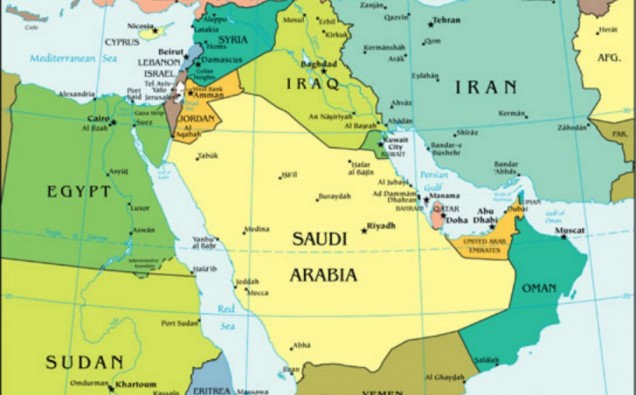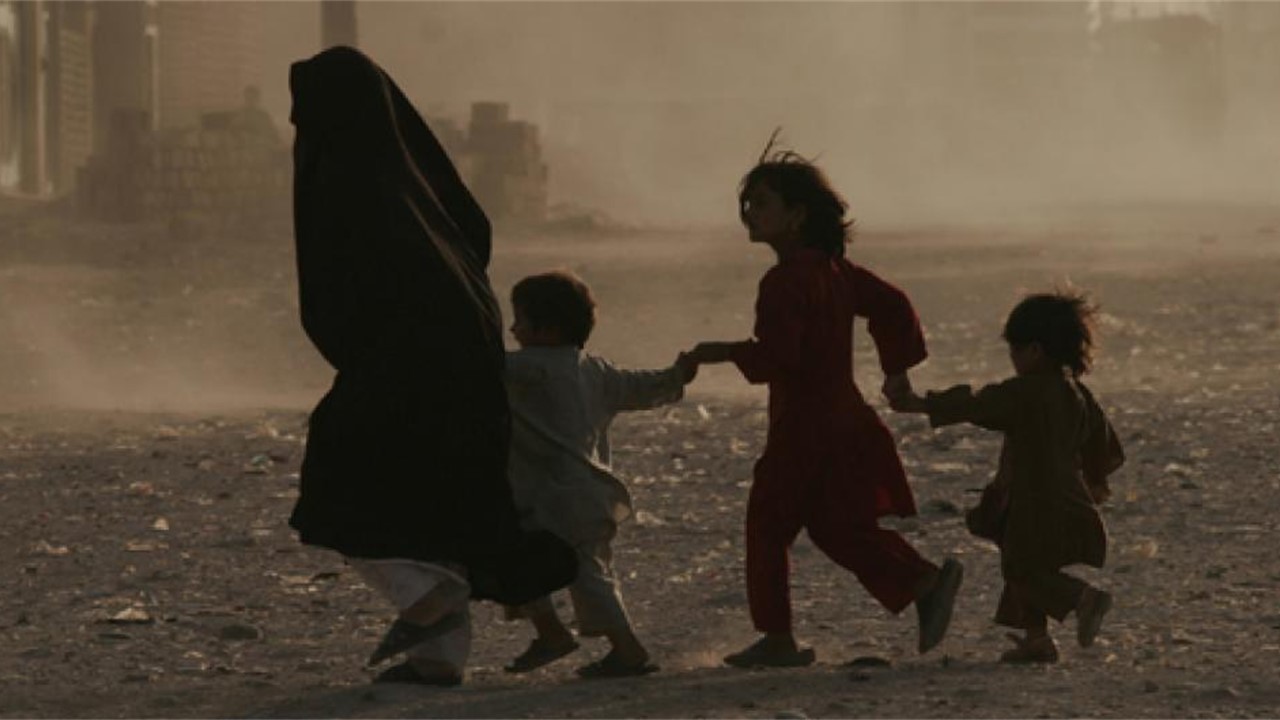
President Donald Trump’s sudden withdrawal of American troops from Syria – a battlefield of ideologies, great power influence and sectarian strife – has re-ignited the debate on repercussions of U.S. use of force in the Middle Eastern hotspots and then abandonment of the conflict-hit countries.
‘A Strategy of Retreat in Syria with Echoes of Obama’ blared The New York Times, mirroring reflections of strategic thinkers, who have followed the U.S. policy toward the region with some painful lessons (un)learned under successive U.S. presidents.
The logical question springing from Trump’s withdrawal decision will be what happens next in terms of U.S. policy toward the broader Middle East.
Will Afghanistan – where ISIS and regional power proxies have added to the complexity of the war – be the next theater to see exit of the U.S. troops? Dr. Marvin Weinbaum, a seasoned expert, who heads Afghanistan and Pakistan Studies at the Middle East Institute, shares the thought. Several experts including authors Andrew Bacevich and Richard Haass have argued against hasty U.S. withdrawal from the region.
While many analysts look at the alternating pattern of U.S. engagement and estrangement with the Middle East in the post-9/11 scenario, such analyses ignore the beginning of such approach. The approach amplified with the first Gulf War, when George H W Bush used air power against Iraq following Saddam Hussain’s condemnable occupation of Kuwait in 1991. Though the U.S. was on the right side, it did not achieve the goal in the interest of the Arab people.
My first article for the Associated Press of Pakistan as a trainee journalist was on the Gulf War, when on the eve of the conflict, I wrote that it would be for the first time that the United Nations – the gatekeeper of peace – would ordain use of military power to resolve an international predicament. Since then, the use of force has often turned out to be a terrible shortchange for diplomacy on geopolitical issues.
The 1990-91 Iraq war also triggered a noisy debate in the United States – although much of it fell on deaf ears as presidents Bill Clinton, George W Bush, Barack Obama showed a similar preference for domestic political considerations over broader international ramifications of foreign policy moves.
The other day, I discovered a lively C-SPAN discussion on the first Gulf or Iraq War. The discussion featured Head of the U.S. Arab Institute, James Zogby, Prof. Sulayman Nyang of Howard University and Pakistani author Mowahid Hussain Shah.
Mowhaid condemned Saddam Hussain’s actions but also pointed out during the discussion – organized by the American Muslim Council – that a flawed U.S. approach and the Muslim world’s inabilities would create further troubles and further polarize the West and Muslim world.
“By having the U.S. come into the Gulf in such force, a great mistake has been made by the Muslim world, We have inadvertently accepted the doctrine of U.S. use of force in the hinterland of the Muslim world, and that can be applied against anyone,” Mowahid said, foreseeing a lot of difficulties for the region.

Syria has lost a generation to war Credit: Voice of America News: Scott Bobb report Aleppo, Syria via Wikimedia Commons
A look at the last three decades reveals that the Muslim world has only exposed its weaknesses. Despite having the largest reservoirs of gas and oil, the dictatorial regimes have left the common Arabs way behind in terms of human resource development. Instead, Syria and Yemen are now among the biggest humanitarian catastrophes. There is a dilemma for both the Middle East and the United States. Once the United States engages military, leaving the countries or the regional becomes perilously complex because political solutions, even if achieve momentarily, do not yield results and denial of democracy to people spawns militancy and economic deprivation.
So what should be the way out for the U.S. when the regional countries are incapable of addressing the challenges facing them?
The Saudi and Iranian inability to address disputes through diplomacy have cost the region dearly as their regional rivalry played out more recently in Iraq, Syria and Yemen. Coupled with U.S. disregard for the popular quest for democracy during the Arab Spring of revolutions – under Barack Obama –the repression of people’s will for democracy and economic opportunity have only exacerbated the situation.
George W Bush’s launch of the 2003 Iraq war and Obama’s retreat from Iraq during his first term – without any viable political solution – represent hurriedly made decisions that did not take into account pains and aspirations of the Arab people, who want opportunity to prosper at the end of conflict.
The 1990-91 Iraq war took place at an important turn of the history as the Soviet Union had broken up with the defeat of socialism and communism as ideologies. This was a key moment when Washington could have established an effective U.S. leadership in the region for years to come. Bill Clinton tried to do that with Dayton Peace Accord but that has been turned upside down. The two Iraq wars devastated the country.
Obama missed out on the huge opportunity that the Arab Spring symbolized and chose to side with Arab military and dictatorial regimes. Now, under President Trump, the United States has to contend with the emergence of China as a world power and a Russia that is expanding its influence with military pursuits, and is ready to fill in the void left by the U.S. at several places. Vladimir Putin’s welcome of President Trump’s decision to withdraw from Syria – which has Russian troops to protect Bashar al Assad – reads like an irony on the international chessboard.
The current international scenario once again presents a pivotal moment for the United States. While there are limits to the U.S. influence in shaping the direction of the countries and societies, the U.S. cannot be seen as retreating from the region without any strategic planning. The Arab street perceptions on the U.S. engagement with the Middle East depend on U.S. policy toward the ongoing conflicts in Iraq, Syria and Yemen, as indeed on the Palestinian question. The U.S. cannot afford to have millions of people seeing Washington as leaving them at the mercy of ISIS militants and dictators while Israeli-Palestinian dispute continues to cast its shadows on the entire region.
A hasty withdrawal from Syria and Afghanistan – which al-Qaeda used to perpetrate 9/11 terrorist attacks, and where China and Russia are major players and where India-Pakistan rivalry plays out dangerously – will not be compatible with the U.S. interests and the betterment of the Arab people.
As things stand now in the conflict-shattered Syria and with not political solution in sight, the U.S. retreat could spell further challenges for the region – Turkey could re-think its policies, the ISIS might re-emerge with its propaganda narratives and devastation, Assad would feel emboldened to attacks his own people with chemical weapons, Iran and Saudi Arabia might intensify their sectarian rivalry, Russia could gain more influence, making Syria a point of spinoff troubles for all.















